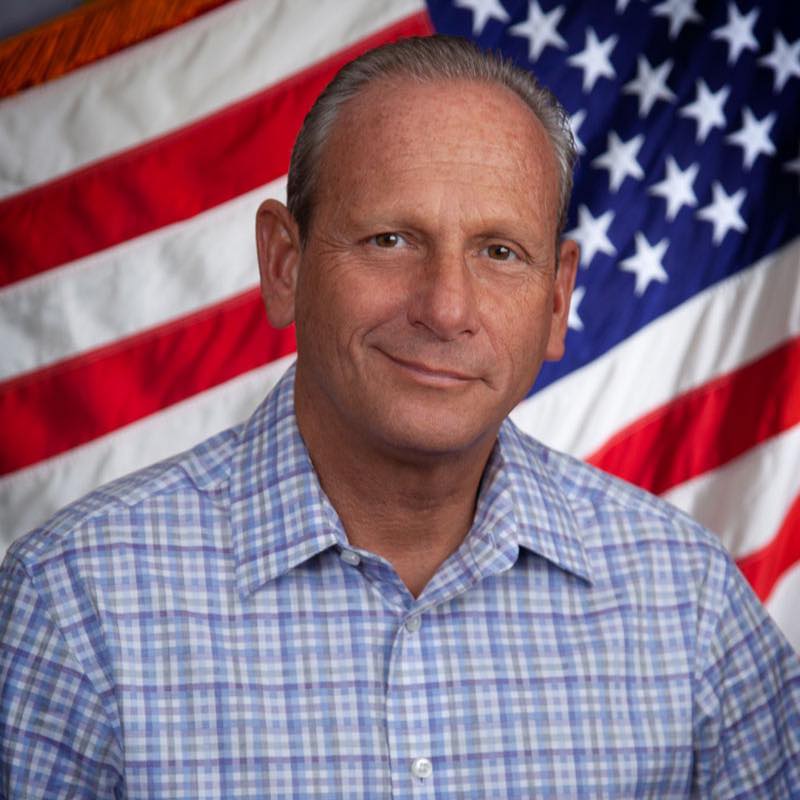Throughout American history, certain presidents have stood out for their leadership and ability to foster consensus and compromise. Among these figures, Abraham Lincoln, George Washington, Franklin D. Roosevelt, Theodore Roosevelt, Dwight D. Eisenhower, JFK, and Ronald Reagan each demonstrated a unique capacity to unite diverse opinions and navigate the tumultuous waters of political rivalry. This quality has become increasingly rare in contemporary politics, where polarization often trumps collaboration, leading to detrimental effects on the nation.
One of the most critical aspects that distinguishes these seven presidents is their commitment to building consensus. Abraham Lincoln, for instance, faced the nation’s greatest crisis—the Civil War. Instead of allowing deep divisions to thwart his vision for the country, he assembled a “Team of Rivals.” This concept, as brilliantly articulated by Doris Kearns Goodwin in her book, highlighted Lincoln’s ability to unite individuals with differing views, fostering an environment where robust debate could lead to effective governance. Lincoln understood that progress often requires listening to opposing perspectives, a lesson that remains relevant today as political leaders struggle to bridge the divides that separate them from their rivals.
George Washington, the nation’s first president, set a precedent for collaboration that shaped the early political landscape. His leadership style emphasized unity and the importance of compromise. Washington famously warned against the dangers of political factions in his Farewell Address, advocating for prioritizing national interests over party loyalty. His vision for a united America underscores the importance of leaders who can rise above partisanship to serve the greater good. In contrast, modern elected officials often seem more entrenched in their ideological corners, neglecting Washington’s timeless advice.
Franklin D. Roosevelt’s presidency during the Great Depression and World War II showcased his ability to connect with allies and adversaries. His New Deal programs required substantial compromise and collaboration across party lines and interest groups. Roosevelt’s ability to communicate his vision and empathize with the struggles of ordinary Americans helped him build a coalition of support that transcended traditional political boundaries. Today, such a collaborative spirit appears lacking, as many politicians prioritize individual agendas over collective problem-solving.
Theodore Roosevelt, known for his progressive policies, also exemplified the power of compromise. He championed a range of reforms while maintaining open lines of communication with those who opposed him. Roosevelt believed in the necessity of negotiation and dialogue to achieve meaningful change. His presidency serves as a reminder that effective leadership often requires finding common ground rather than succumbing to the allure of divisiveness that plagues contemporary politics.
Dwight D. Eisenhower’s presidency further illustrated the effectiveness of compromise. Eisenhower, a war hero and a moderate Republican, skillfully navigated the complex political landscape of the 1950s. He understood that to achieve his goals—most notably in civil rights and foreign policy—he needed to build bridges with Democrats and Republicans. Eisenhower’s approach to governance was characterized by pragmatism, emphasizing the importance of bipartisan cooperation. His success in fostering unity during significant change in America is an essential lesson for today’s leaders.
John F. Kennedy’s service profoundly influenced his worldview in World War II. As a young naval officer, he witnessed firsthand the sacrifices for freedom and democracy.
That experience instilled in him a deep appreciation for the values that unite Americans—courage, resilience, and unity. Upon taking office in 1961, Kennedy sought to inspire a generation with his vision of a “New Frontier,” calling upon citizens to contribute to the greater good of society. His famous inaugural address urged Americans to “ask not what your country can do for you—ask what you can do for your country,” encapsulating his belief in collective responsibility and civic engagement.
A focus on consensus-building and collaboration marked Ronald Reagan’s presidency. Reagan came into office during a time of economic turmoil and international uncertainty. He understood that he needed to work closely with Congress to move America forward, particularly with leaders like House Speaker Tip O’Neill. Their relationship was emblematic of Reagan’s belief in the power of dialogue, even with those who held opposing viewpoints. Reagan famously stated, “The person who agrees with you 80 percent of the time is a friend and an ally—not a 20 percent traitor.” That perspective allowed him to form critical alliances that resulted in significant legislative achievements, including tax reform and the revitalization of the American economy.
The ability to compromise and build consensus is a hallmark of effective leadership that some of America’s greatest presidents have exemplified. The current political climate, characterized by polarization and partisanship, requires a return to these foundational principles. By learning from the past and striving for unity, today’s leaders can pave the way for a more collaborative and effective government, ultimately benefiting all Americans. The journey toward a more cohesive society begins with the willingness to listen, engage, and compromise—essential qualities that should define the leadership of our time.
There is no denying the political landscape in the United States has become increasingly polarized, with each party championing its vision for the nation’s future. The MAGA Republican platform, encapsulated by the rallying cry of “America First,” advocates for prioritizing domestic interests, promoting nationalism, and ensuring that American resources are utilized primarily for the benefit of its citizens. There is no question that Americans must be the priority. Still, the platform dismisses the reality that the world is interconnected: America’s success is intrinsically linked to its relationships with other nations.
Conversely, the progressive platform of the Democratic Party emphasizes social policies aimed at promoting equity and justice within American society. While these goals are noble, the approach has often led to increased divisiveness. Issues such as race, religion, reproductive rights, and healthcare have become flashpoints for conflict rather than opportunities for dialogue. This divisiveness undermines the very fabric of American democracy, which thrives on the principle of unity in diversity. By framing social issues in a manner that pits one group against another, the Democrats risk alienating potential allies and creating an atmosphere of hostility that stifles constructive conversation.
Moreover, the Democrat platform underestimates the necessity of strength and deterrence in establishing stability on both domestic and international fronts. National security is paramount, and the ability to project power through military readiness or diplomatic engagement is essential to safeguarding American interests. A robust national defense cannot be sacrificed at the altar of social justice; instead, it should be integrated into a holistic approach that recognizes the interdependence of security and social policy.
In light of these realities, both parties must seek common ground on national security issues and engage in meaningful dialogue regarding social policies that can unite rather than divide. From immigration and economic security threats to border security, America’s challenges require a concerted effort transcending partisan lines. By fostering collaboration between Republicans and Democrats, the nation can develop comprehensive strategies that address security and social concerns, ultimately enhancing the well-being of all citizens.





